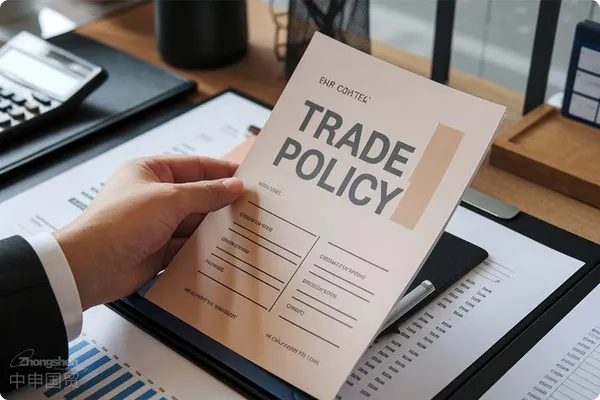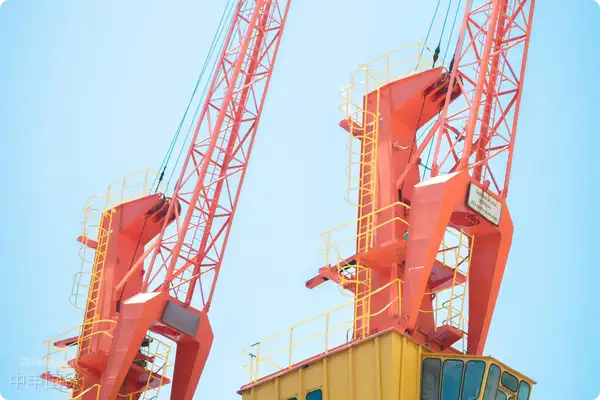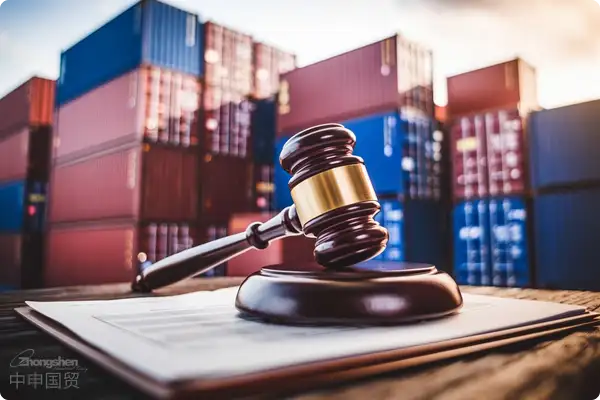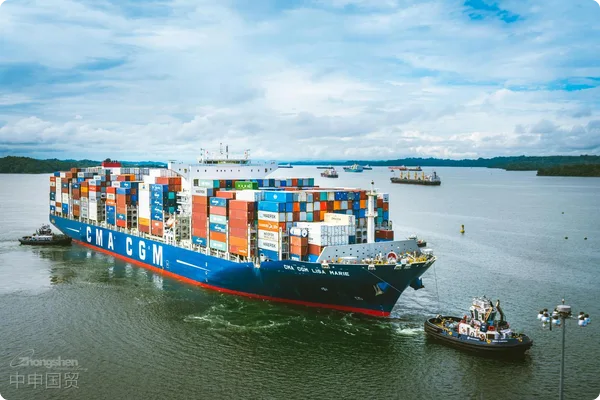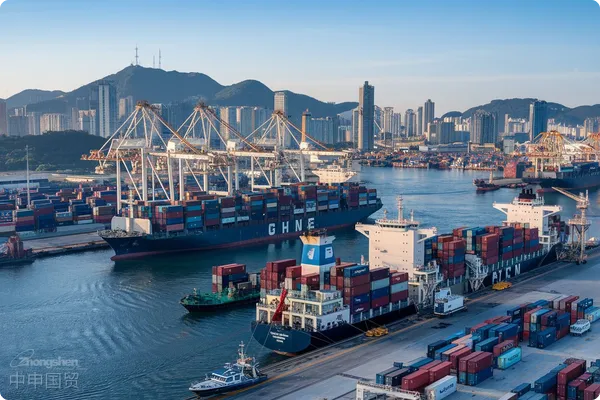- Shanghai Zhongshen International Trade Co., Ltd. - Two decades of trade agency expertise.
- Service Hotline: 139 1787 2118
The EU has been striving to reduce the impact of mercury on the environment and human health. Recently, the EU Official Journal issued an important regulation, planning to ban the export, import, and manufacture of seven types of mercury-containing products in the EU. This decision will undoubtedly have a profound impact on relevant enterprises.
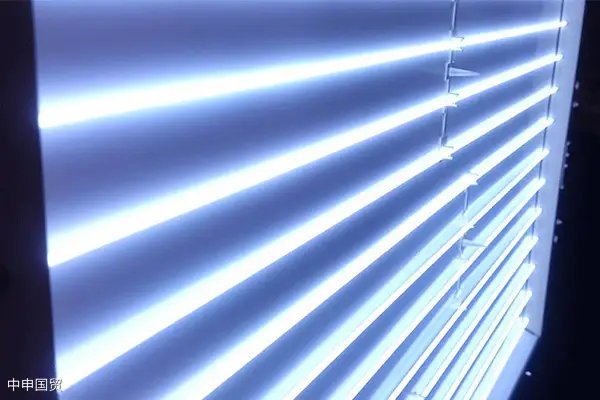
I. Specific Content of the Ban
On September 26, 2023, the EU Official Journal issued the Commission Delegated Regulation (EU) 2023/2017 of the European Union, clarifying the seven types of mercury-containing products planned to be banned. These products include:
Compact fluorescent lamps:With an integrated ballast (CFL.i), for general lighting purposes, with a power ≤ 30 watts and a mercury content of not more than 2.5 mg per tube.
Fluorescent lamps for electronic displays:Including cold cathode fluorescent lamps (CCFL) and external electrode fluorescent lamps (EEFL) of all lengths.
Melt pressure sensors:Including melt pressure transmitters and melt pressure sensors (except for certain specific devices).
Mercury-containing vacuum pumps.
Tire balancers and wheel weights.
Photographic paper.
Propellants for satellites and spacecraft.
It is worth noting that this ban does not apply to products that are crucial for civil defense and military purposes, as well as products for research.
II. Global Attitude towards Mercury
The United Nations Environment Programme adopted the Minamata Convention on Mercury in 2013, an international convention aimed at controlling and reducing mercury emissions globally. Countries around the world are striving to take measures to reduce mercury pollution.
III. Enterprises Response Strategies
Facing this ban, relevant enterprises need to take a series of measures:
Strengthen information collection:Closely monitor the latest policy changes regarding mercury-containing products in the EU and other overseas markets.
Organize production in accordance with the latest regulations:Strengthen the self-inspection and self-control ability of product quality.
Attach importance to technology research and development:Focus on developing alternative products to ensure that products meet the standards of the importing country and avoid trade losses.
Related Recommendations
? 2025. All Rights Reserved. Shanghai ICP No. 2023007705-2  PSB Record: Shanghai No.31011502009912
PSB Record: Shanghai No.31011502009912
